There are many reasons to get out on the boat this season. Fishing for freshwater fish is on the top of this list in Fall! The months from September to late November are perfect for catching a plethora of species. Stunning surroundings make this hobby all the more worthwhile. Let us walk you through what to expect, and how to maximize your haul!
Early Autumn
Early fall marks the beginning of dropping temperatures with corresponding cooler waters. There are also increasingly shorter daylight hours. This stimulates fish to move from their summer homes to their winter habitats.
Mid-Autumn
Progressing further into the fall fishing season, the water cools even more. This increases oxygen levels which stimulate fish causing them to become more active.
Late Autumn
Later into the season means fish begin to get slower. As we near winter, fish will already have gorged earlier in the season. They start to become lazy, swimming less to strike a lure. Prepare to go deeper, and think strategically.
Catch What you Can
The most popular species in fall are large and small-mouth bass, walleye, northern pike, lake trout and salmon. The best tactics depend on where in the county you are and what you’d like to catch. However it can often be productive to make your way to greener pastures. Seek out deep healthy weeds near bays and tributaries in fertile lakes and rivers. Some species, such as pike, look for cover. This causes them to move away from the shorelines and into the rich vegetation and deeper waters.
However the contrary applies to largemouth bass and walleye, who tend to migrate towards shallow waters. They do this in order to keep warm, keeping close shoreline vegetation for cover. The easiest way to determine the most productive waters is to keep your eye out for baitfish. Your chances to score a catch will increase where the natural action is. Here’s some quick tips on catching some of the top fall fish this season.
Salmon

Salmon have a thick, strong jaw which means you’re going to have to choose your hooks carefully! Make them razor sharp, and take your fishing trip on a dull or overcast day for best results. Sunshine causes salmon to go into deeper waters and become a little less active. So dusk or dawn is optimal on sunny days. If you’re choosing live bait, go for roe or if opting for an artificial lure, go for a spinner.
*Fun Fishing Fact: Todd Johansson caught a chum salmon in Edye Pass, British Columbia in Canada on July 11th, 1995 that weighed 15.87 kg (35 lbs. 0 oz.) breaking the previous record!
Walleye
If you have cast your sights on walleye, dusk is the best time to get some action as the fish begin to feed before nightfall. They become much more active than during peak daylight hours. Read this article for some excellent tips on catching walleye anywhere in Canada this season.
Trout

Virtually every province across Canada offers a wealth of lake trout fishing opportunities. Lakes from coast to coast stocked with brook trout, browns, rainbow trout and splake. Trout can be aggressive and very active in fall, giving the thrill of the chase that’s worth the wait. Cooler waters incentivize trout to cruise shorelines. Your best bet for a catch is near rocky points, wood and shoals. Fish near overhanging trees, submerged wood, and rocky points and shoals. Use live bait where possible for a successful catch.
Fall Pike
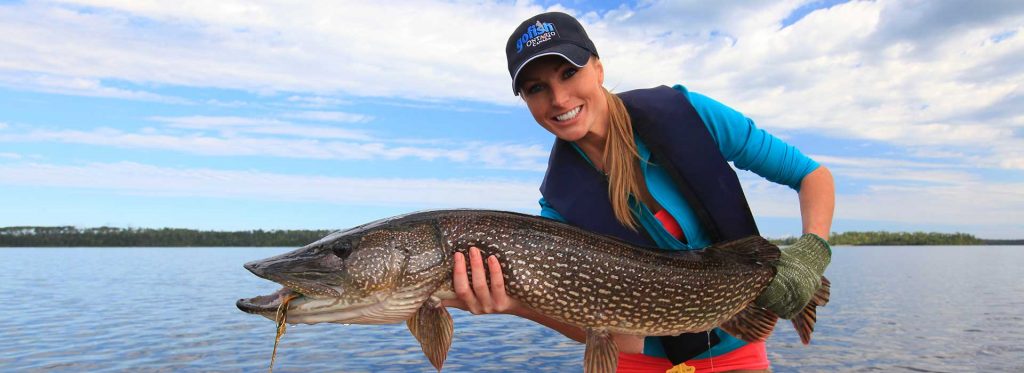
Similar to salmon and trout, pike are very reactive to fluctuating water temperatures in the fall. And large northern pike can be a little trickier to catch! That said, fall is the perfect season to target that trophy fish. Fresh green vegetation will be more successful than among the browning weeds. Here you will find many of the other species. You can use large or regular bass size spinners, swim baits and minnows to lure a large fall pike.
Remember, if you want to take advantage of some of the best fishing of the year, keep the boat out on the water throughout Fall! If you fish harvesters would like to read up on how Canada is safeguarding our waters and managing fisheries, click the link to the Fisheries and Oceans Canada.

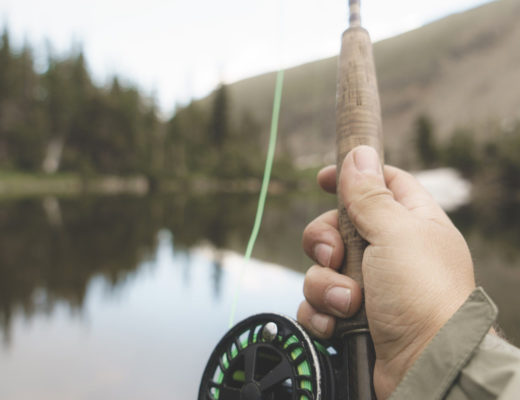
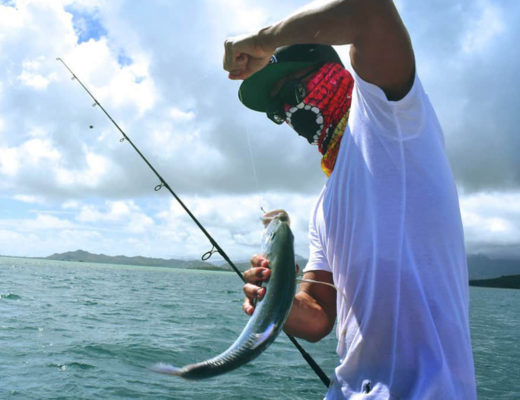
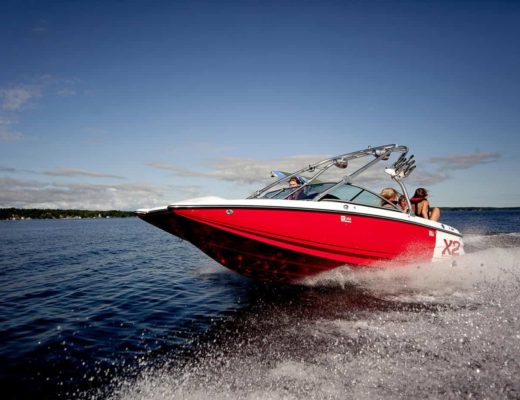

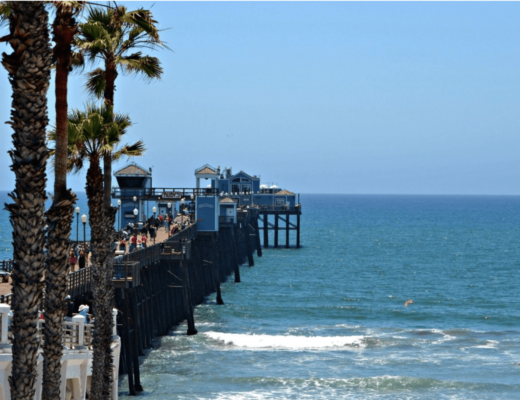
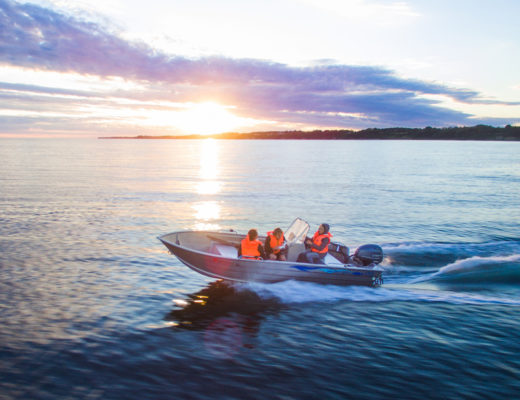
There is One comment
Pingback:diet keto
Comments are closed.